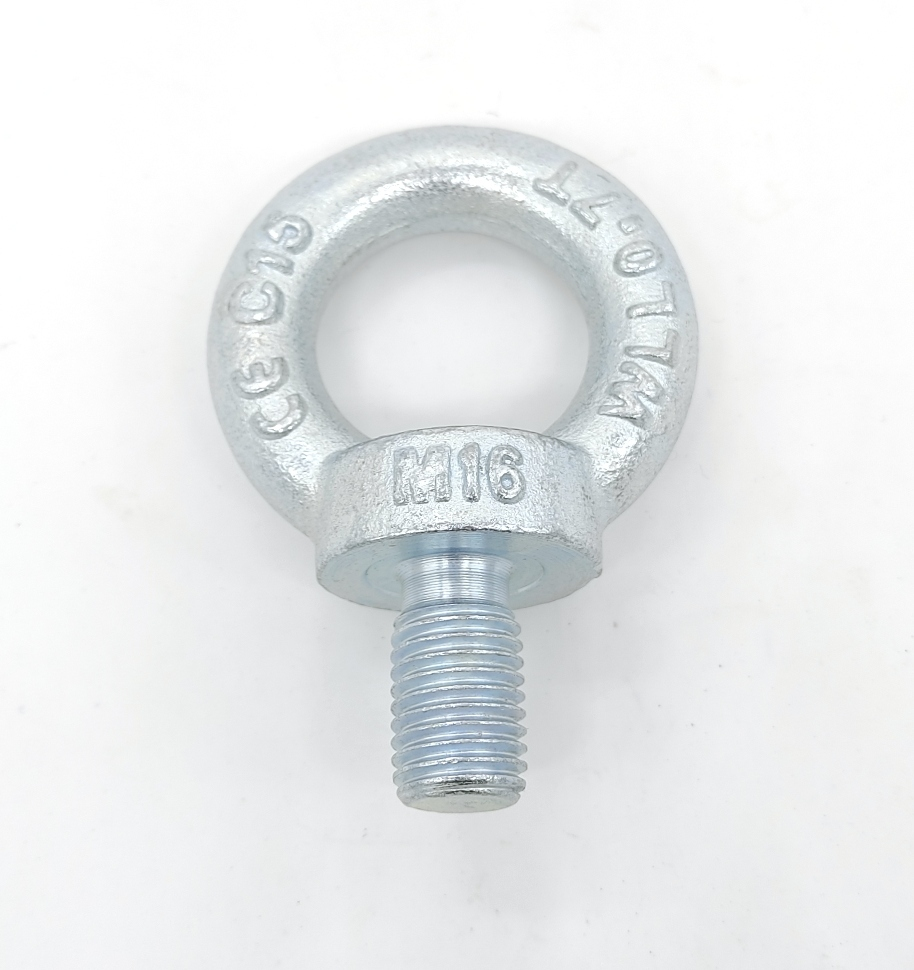News
Aug . 13, 2024 18:51 Back to list
Top Suppliers for High-Quality Synthetic Winch Rope Thimbles for Your Rigging Needs
The Importance of Synthetic Winch Rope Thimbles A Supplier’s Perspective
In the ever-evolving world of winching equipment, synthetic winch ropes have gained significant popularity due to their lightweight nature, high tensile strength, and increased safety compared to traditional steel cables. However, the effectiveness of these ropes greatly depends on the components used in their assembly, and one such component is the thimble. A quality thimble is essential for enhancing the performance and longevity of synthetic winch ropes, and as a supplier, understanding the significance of offering the best synthetic winch rope thimbles is paramount.
What is a Thimble?
A thimble is a small device, usually made of metal or high-performance plastic, that is placed at the eye of a rope to maintain the shape of the loop and protect it from wear. In the case of synthetic winch ropes, thimbles serve several critical purposes. They act as a protective guide for the rope, minimize frictional wear, and help maintain the integrity of the rope under load. When combined with synthetic winch ropes, a thimble offers a robust solution that extends the lifespan of the rope while ensuring optimal performance during operation.
The Advantages of Synthetic Thimbles
When it comes to synthetic winch ropes, using synthetic thimbles is often the best choice. These thimbles are crafted from high-strength materials such as polymer composites, which provide a lightweight yet durable option. Synthetic thimbles offer several advantages over traditional metal thimbles
1. Weight Reduction With synthetic thimbles being significantly lighter than their metal counterparts, they contribute to an overall lighter rigging system. This becomes crucial in applications where weight is a limiting factor or where ease of handling is important.
2. Increased Safety Synthetic thimbles reduce the risk of injuries caused by flying metal parts in the event of a rope failure. They do not shatter or break like metal when overloaded, resulting in a lower risk of projectiles that could harm operators or bystanders.
synthetic winch rope thimble supplier

3. Corrosion Resistance Unlike metal thimbles, synthetic options are not susceptible to rust and corrosion, making them ideal for use in marine environments or places with high moisture levels.
4. Enhanced Flexibility Synthetic thimbles offer better flexibility and can handle dynamic loads more effectively without compromising the integrity of the winch rope.
Choosing the Right Supplier
As a supplier, it is essential to emphasize quality and reliability when sourcing synthetic winch rope thimbles. Customers often rely on suppliers to provide products that meet their specific requirements. Therefore, selecting high-quality materials, conducting thorough quality control, and ensuring compliance with safety regulations are critical steps in the supply chain.
Moreover, providing comprehensive information about the features and benefits of synthetic thimbles can help customers make informed decisions. Suppliers should also offer support in terms of installation guidance and maintenance practices to ensure the optimal use of their products.
Conclusion
Synthetic winch ropes have become an indispensable part of modern winching applications, but the right components, such as thimbles, are crucial for maximizing their effectiveness. As a supplier of synthetic winch rope thimbles, understanding the advantages of synthetic materials and prioritizing quality and safety can set a business apart in a competitive market. By offering superior products and support, suppliers not only help customers achieve success in their projects but also contribute to a safer and more efficient working environment.
